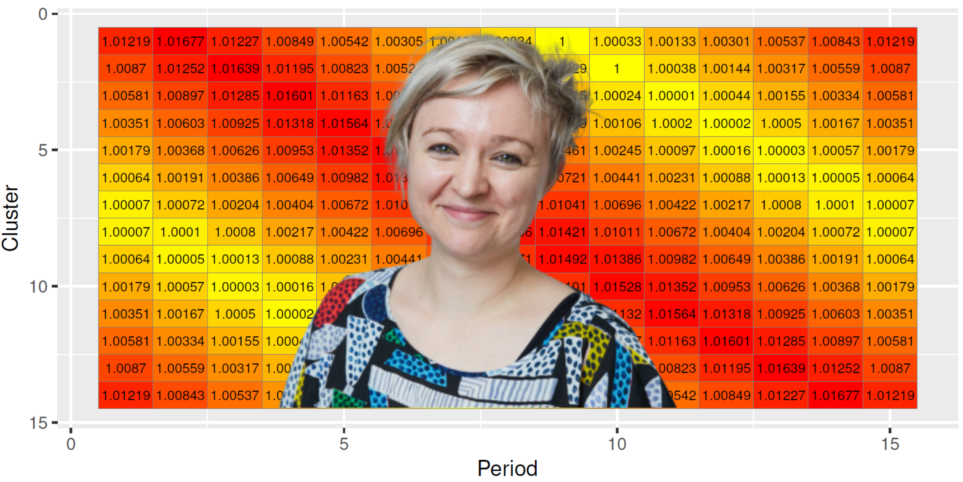-
Thursday
9 Nov 2021
10:00 am
Event Time:
Tuesday, 9 November @ 1000 (AEDT) (Melbourne)
Tuesday, 9 November @ 0700 (CST) (Beijing)
Tuesday, 9 November @ 0430 (IST) (New Delhi)
Monday, 8 November @ 2300 (GMT) (London)
Monday, 8 November @ 1800 (EST) (New York)
Monday, 8 November @ 1500 (PST) (Los Angeles)
Presenter: Associate Professor Jessica Kasza, Monash University
Biography: Monash University
Topic: Stepping up and crossing over: designing efficient cluster randomised trials
Abstract: Although individually randomised trials are the gold standard for assessing the impact of new treatments on the outcomes of individuals, they aren’t always possible. In many situations, including when treatments are applied at the group (or “cluster”) level, cluster randomised trials must instead be conducted. Such designs are less efficient than individually randomised trials: larger numbers of participants are required than for equivalent individually randomised trials. Longitudinal cluster randomised trials can claw back some lost efficiency, by instructing clusters to switch between treatments during the trial. Stepped wedge trials are a particular type of longitudinal cluster randomised trial design that has seen a rapid rise in popularity in recent years. In this talk I’ll discuss work investigating the statistical aspects of stepped wedge trials that points the way towards less burdensome and more efficient “incomplete” variants. This work highlights the fact that in stepped wedge designs, not all observations are created equal.
Structure: 45 minutes seminar with 15 minutes question time
Seminar Recording and Slides:

Please click here for the recording of the seminar

Please click here for the presentation slides





